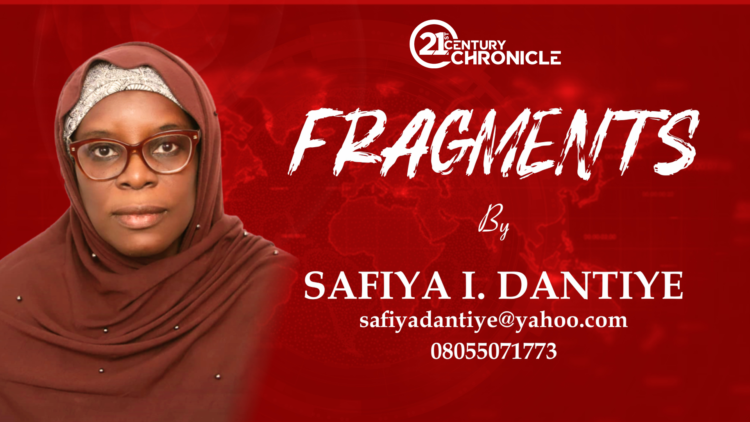One of the dilemmas of government in tackling the menace of kidnapping by bandits is paying ransom as often demanded by the bandits. It is two pronged: damned if you pay and damned if you don’t.
The disclosure by the Zamfara State government that N950 million was paid as ransom to bandits to secure the release of people between 2011 and 2019 last week by the Commissioner for Information Ibrahim Dosara at a press conference, was shocking to say the least.
Even though the briefing was meant to show the achievements of Governor Bello Matawalle on dealing with banditry in two years since he became governor, it came out wrongly. The huge sum of the money paid as ransom overshadowed whatever they might have achieved, such as peace and reconciliation as he said.
And instead of the payment to make them stop their heinous activity, the bandits secure more arms, keep kidnapping, blackmail government into going into negotiation with them or else they would continue. Particularly now with the new trend of mass kidnapping of students in order to get more attention and put pressure on government to pay the ransom.
Even though there are said to be different reasons for the bandits to attack and kidnap people in different places, nothing would take way the criminality of it. For instance, in Zamfara State they said it was because the bandits were attacked by the local vigilante, their cows were rustled or taken away by security agents, therefore they decided to attack innocent people.
In other places they also complain about the vigilante, reprisal attacks and so on. Some even complain that the government neglect them, so they use that as an excuse to kill, maim, rape and raze communities.
They are said to be of different camps, so even if a government has secured a peace deal with one camp, the banditry doesn’t stop, because other camps would heighten their criminality until the government negotiate with them as well, which as many people allege involves money.
In apparent disgust, Kaduna State Governor Nasiru el-Rufa’i is adamant and consistent that the Kaduna State government would not negotiate with criminals and it would not pay ransom. In fact, he said they should be chased and wiped out.
The abduction of students of School of Forestry Mechanisation Afaka, in Kaduna State on March/11/2021 would test his resolve where many believed was carried out to dare him and force him to negotiate.
The military quickly rescued 180 while 39 remained, though few days ago five others have been rescued and reunited with their families.
In any case, the parents of the remaining students in captivity staged a demonstration, saying they were not being informed on what the security agencies were doing to secure the release of their loved ones, as well as accusing the state government of abandoning them.
One woman said since the kidnappers demanded for ‘500 million’ naira ransom the government should pay. Though some said the amount demanded was actually 50 million naira.
So, who blinks first, the governor or the kidnappers? Governor el-Rufa’i said, “We will not engage with bandits or kidnappers. Private citizens like clerics or clergy men can do so in their individual capacity, to preach to them and ask them to repent. We also want them to repent but it is not our job to ask them to do so.”
In this frustrating situation some of the parents of those in captivity said they would negotiate with the bandits to secure their release.
While people frown at paying ransom to kidnappers, seeing it as a way of empowering them, those whose loved ones are kidnapped would think otherwise. They don’t care whatever would be done to have their loved ones released.
That is why I was surprised when a friend told me a story of one woman whose son was kidnapped. He was married with many grown up children and he was wealthy, but his mother advised against the payment of ransom. She said it would encourage such criminal acts and if God has destined that was how her son would die, it was ok.
The irony is as soon as there is a mass abduction and the victims released shortly, people would accuse the government of paying ransom, and if the victims stay long in captivity, they also accuse the government of not ‘negotiating’, whatever that means.
This involves high profile cases like schools where government is forced to take responsibility unlike on individual cases attacked on the road or villagers that don’t enjoy media coverage.
Whatever the case may be, people want to feel secured wherever they may be in this country and want an end to all forms of criminality.









